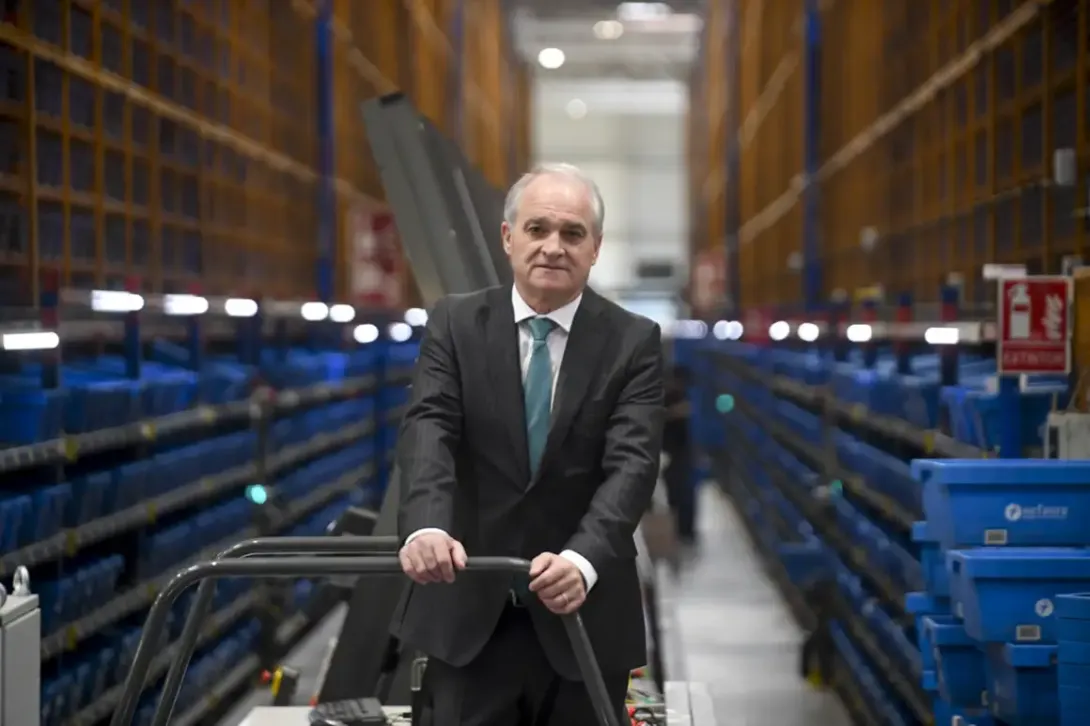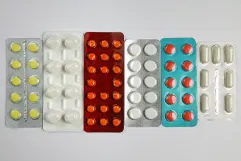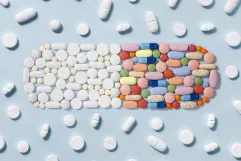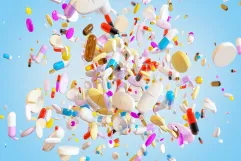
We talked to Dr. Antonio Mingorance, Chairman of Bidafarma, a social economy healthcare company that groups together twelve cooperatives from different regions.
“Everyone must have access to the same treatment”
How did the pharmaceutical cooperative model start in Spain?
In this country we have a network of 22,000 pharmacies, which are essential to guarantee equality in access to medicines. To ensure that this was possible, pharmaceutical cooperatives were created and the first one was in Catalonia, which was formed in 1929. This was followed by the cooperative in Seville in 1930 and the one in Granada the next year.
What is the mission of the association you preside over?
Bidafarma is the result of the joining together of twelve cooperatives from different regions that have agreed to create synergies, be efficient and serve patients better. Our model does not seek to make a profit or give out dividends, but to guarantee the service. For this reason, we always reinvest what we earn, with the intention of becoming more efficient. Currently, we provide drugs to around ten thousand pharmacies up to twice a day, based on a supportive model. This allows us to supply villages that have less than 200 inhabitants with the medicines that they need at all times. We are a company that always puts society’s interest before any other motivation. This has been the case since our foundation.
What do pharmacists contribute to society?
We are all clear that without science, there is no future. Research is essential as is the connection with the industry, but we must always be clear that at the end of this entire process are the patient’s needs. Every day around 2.5 million people visit our country’s pharmacies, hoping to find solutions to their health problems. As pharmacists we are in charge of safeguarding the medicines necessary for this and also for providing the correct attention for these citizens. Medicines are a highly complex technology and the pharmacist is the specialist in how to handle them.
What services can the pharmacist provide us with?
I always say that it is very important to make a rational use of drugs and also a “rational use” of the pharmacist as a person. We must be capable of visiting these trained professionals who will listen to us and give us good advice whenever necessary. Their work has anunquestionable social and humanitarian value. Often, the pharmacists end up providing support to people who are experiencing difficult situations such as loneli- ness or who suffer from serious problems, such as gender-based violence, who need a first orientation about what to do or where to go. Doctors and pharmacists share the same table of values. This became particularly obvious during the COVID-19 pandemic. During this time, pharmacists collaborated intensely whenever we could, distributing vaccines and face masks completely free of charge. We are also particularly satisfied about having reached achievements such as the electronic prescription, which have allowed us to be able to dispense medicines in these difficult moments, without the patient having to visit their health centre.
What is your opinion of the Spanish health system?
The pharmacists are firmly committed to our health system. We believe that it is worth looking after it, coseting it and defending it. We have the conviction that cooperatives are a good way of doing this, but we must also make sure that all the professionals, particularly those who are in small towns are able to move forward using this system.
How has pharmacology changed in recent years?
Pharmacology and medicine have experienced a revolution in many aspects, such as genetic modification therapies or the new ways of fighting illnesses such as obesity, diabetes, strokes, cholesterol, etc. This has an unavoidable repercussion on the sustainability of the health systems. At the same time, we cannot give up a very important aspect: all people must have access to the same treatment, regardless of their social and economic position. The universality in the treatments that guarantee our health is essential because we can all become ill at some point in our lives. This is the es- sence of our work.



